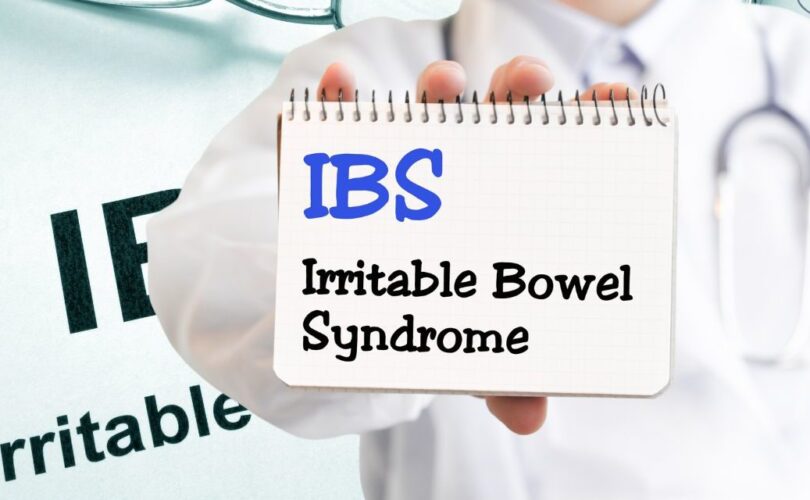Dealing with depression involves finding the most effective therapy that fits your needs and circumstances. Cognitive Behavioral Therapy (CBT) is renowned for its effectiveness, but it’s essential to explore how it compares with other therapies to make an informed decision. In this article, we’ll compare CBT with other popular depression therapies, highlighting their approaches, benefits, and considerations to help you choose the right treatment approach for managing depression.
Cognitive Behavioral Therapy (CBT)
CBT focuses on the relationship between thoughts, emotions, and behaviors. It aims to identify and modify negative thought patterns and behaviors that contribute to depression. Key components include cognitive restructuring, behavioral activation, skills training, and addressing core beliefs. CBT for depression is structured, goal-oriented, and supported by extensive research for its effectiveness in treating depression.
Pros:
- Evidence-Based: CBT has a strong research base supporting its effectiveness in reducing depressive symptoms.
- Practical Skills: Equips individuals with tools to challenge negative thinking and engage in positive behaviors.
- Long-Term Benefits: Provides skills that can be applied beyond therapy sessions, promoting lasting improvement.
- Personalized: Tailored to individual needs, addressing specific symptoms and challenges.
Cons:
- Time-Intensive: Requires regular sessions and commitment to practicing techniques.
- Access: Finding a qualified CBT therapist may be challenging in some areas.
Other Depression Therapies
Psychodynamic Therapy:
- Approach: Explores unconscious conflicts and early life experiences contributing to depression.
- Benefits: Offers insight into underlying emotional issues and patterns, promoting long-term emotional growth.
- Considerations: Lengthy treatment duration and effectiveness may vary between individuals.
Interpersonal Therapy (IPT):
- Approach: Focuses on improving interpersonal relationships and communication skills to alleviate depressive symptoms.
- Benefits: Targets social and relationship issues that contribute to depression, with structured sessions.
- Considerations: Effectiveness depends on the quality of therapist-client relationship and individual responsiveness.
Mindfulness-Based Cognitive Therapy (MBCT):
- Approach: Integrates mindfulness practices with CBT principles to prevent depressive relapse.
- Benefits: Teaches skills for managing negative thoughts and emotions through mindfulness techniques.
- Considerations: Requires commitment to regular mindfulness practice and may not suit everyone’s preferences.
Behavioral Activation (BA):
- Approach: Focuses on increasing engagement in rewarding activities to counteract depression.
- Benefits: Encourages active participation in life, improving mood and reducing withdrawal.
- Considerations: Effectiveness may depend on individual motivation and ability to implement behavioral changes.
Choosing the Right Treatment Approach
- Consultation with a Therapist: Seek guidance from a qualified mental health professional to assess your depression symptoms and recommend suitable therapies.
- Consider Personal Preferences: Reflect on your preferences for structured therapy (like CBT), exploration of past experiences (like psychodynamic therapy), interpersonal focus (like IPT), or mindfulness practices (like MBCT).
- Evaluate Treatment Goals: Determine whether you prioritize symptom reduction, long-term emotional growth, improving relationships, or preventing depressive relapse.
- Explore Combination Therapies: In some cases, combining therapies (e.g., CBT with mindfulness or psychodynamic elements) may enhance treatment outcomes. Discuss options with your therapist.
- Monitor Progress: Track your response to therapy, noting improvements and challenges. Open communication with your therapist allows adjustments to the treatment plan as needed.
Conclusion
Choosing the right depression therapy involves understanding the approaches and benefits of different therapies, including Cognitive Behavioral Therapy (CBT), psychodynamic therapy, interpersonal therapy (IPT), mindfulness-based cognitive therapy (MBCT), and behavioral activation (BA). Each therapy offers unique strengths and considerations, making it crucial to align your treatment approach with your individual needs and preferences. By exploring these options with a qualified therapist, you can make an informed decision that supports your journey toward managing and overcoming depression effectively.



